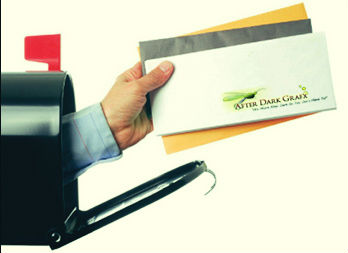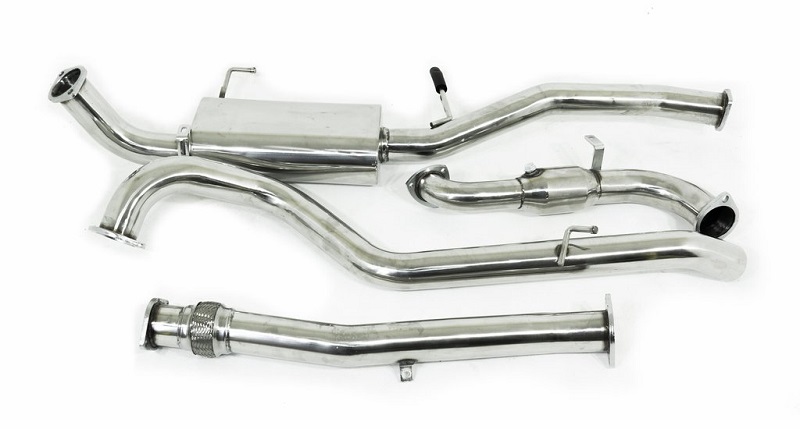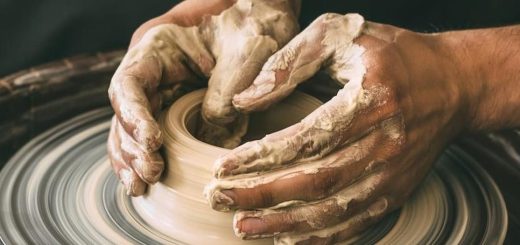How to Choose the Right Equine Health Supplements
As a horse owner, you are probably taking great care of your companion and providing it with the best feeds available. For horses that are generally healthy, a standard feed may be enough. However, older horses, sick horses, lactating mares, foals, and racing horses can have a deficiency of essential vitamins and minerals. If your horse experiences fatigue, weight loss or has health issues, it’s important to add the right equine health supplements to its main diet.
But what kind of supplements does your horse need? As living conditions and health factors vary from one horse to another, each equine has different dietary requirements. Consulting your vet and performing a blood test can offer you some guidance as to what equine health supplements are needed. Depending on what kind of deficiency the horse experiences, you may need to choose one or more of the following types of supplements.
Energy Supplements
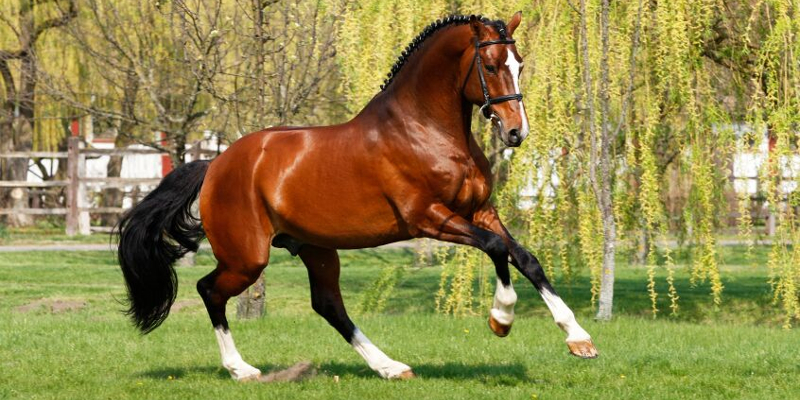
Working horses and racing horses have a greater dietary requirement than the typical horse. So, unless their requirements are met, these horses can burn their energy reserves which can result in a weight loss as well as certain health problems such as hoof cracks or even arthritis. One of the best supplements for increasing caloric intake is fat. Fat can be added in the form of rice bran, high-fat seeds or vegetable oils to a horse’s main feed. Unlike carbohydrates, fat doesn’t overload the digestive system which can often lead to colic, laminitis or hindgut acidosis.
Electrolytes
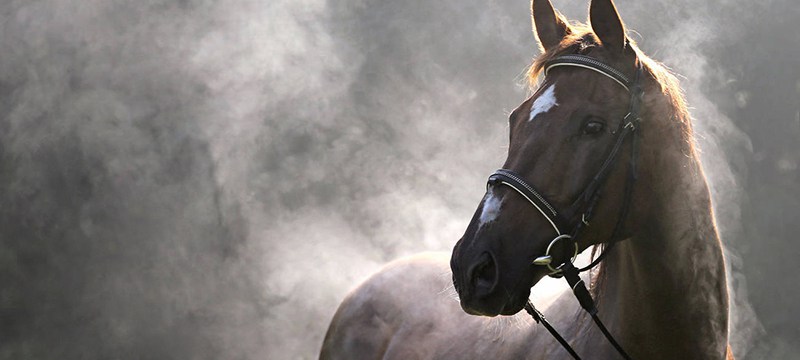
Horses that live in a warmer climate, regularly undertake strenuous activities, or just sweat a lot are at a great risk of dehydration. Signs of dehydration include fatigue, unsteady gait, trembling, and muscle weakness. When this happens, it’s important to replace the lost electrolytes through a well-formulated supplement. The primary ingredient in electrolyte supplements should be sodium chloride combined with potassium, and smaller quantities of calcium, magnesium and other trace minerals. Make sure to avoid supplements with added sugar as it can dilute the amount of essential electrolytes delivered.
Minerals
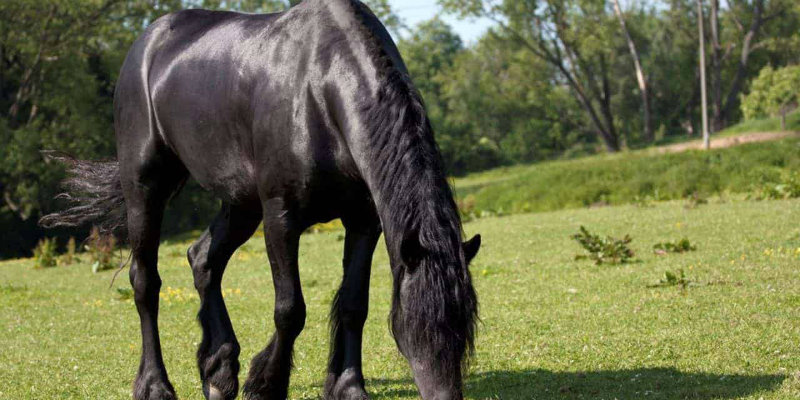
Mineral deficiencies are the main cause of arthritis, musculoskeletal diseases, cracked hoofs and dental issues in horses. Nursing mares, foals, and older horses are especially prone to mineral deficiencies. To supply the correct ratio of minerals, make sure to use calcium supplements in combination with phosphorous supplements. A great source of calcium can be alfalfa, while grain and rice bran are loaded with phosphorous. Other minerals that your horse might benefit from in small amounts are copper, zing, iodine, and selenium. However, when supplementing with those minerals make sure to follow the guidelines set by the manufacturer, as over-supplementing with iodine or selenium can be dangerous.
Vitamins
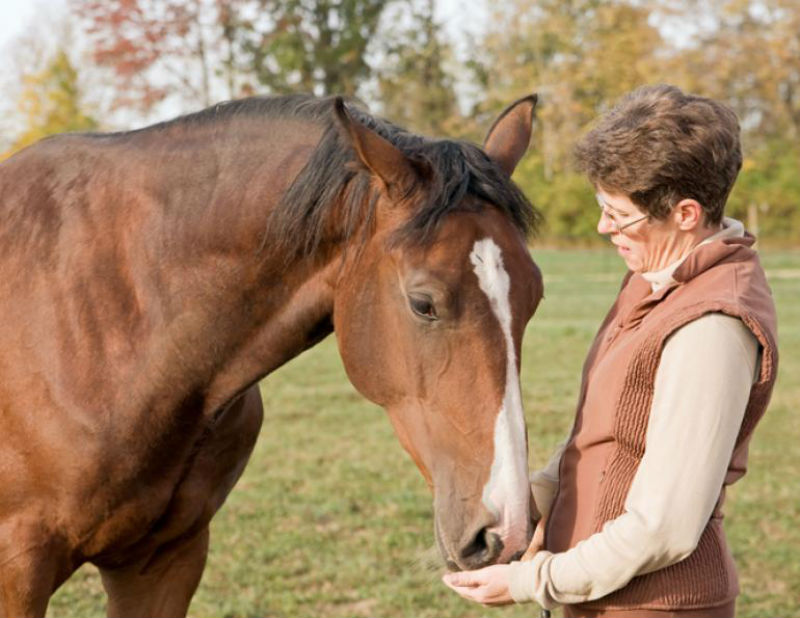
Vitamins are a necessary factor for growth, body maintenance, and overall equine health. Usually, feeds can provide suitable vitamin levels for an average horse, however, some horses need additional supplementation. For instance, an increased intake of vitamin C can help control inflammatory diseases in equines. A deficiency of vitamin E and vitamin A can cause a thin and scruffy coat. As these vitamins are found in green spring grass, if you do not have access to a rich pasture, using supplements can help the horse maintain a healthy, shiny coat.

